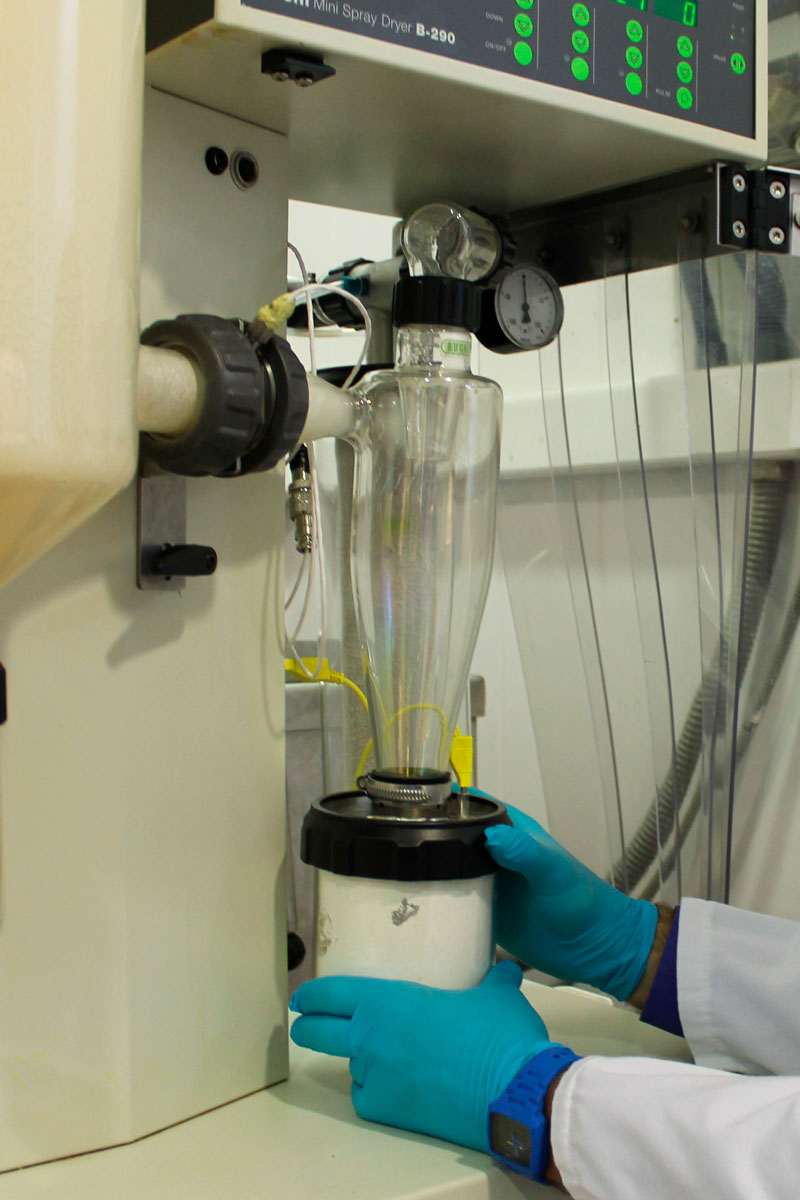Health
- R&D&I Programmes
- Technological Services
- Consultancy Services
- Laboratory Services
- Training and Events
- Sectors

Diet is one of the most influential environmental factors, and there are a number of diseases whose origin is nutritional or metabolic. Given the increase in certain diet-related cancers, obesity and associated pathologies such as diabetes and cardiovascular diseases, there is a clear need to develop effective strategies for their prevention and control.
Recent scientific advances in nutrition, nutrigenomics and nutrigenetics demonstrate the importance of food on people’s health, quality of life and physical and emotional well-being. Thus, the design of personalised diets can contribute to prevention-based wellness.
We define dietary strategies to resolve metabolic imbalances in order to improve people’s quality of life.
There are many factors to consider when designing personalised diets: the new knowledge about the microbiome, the functioning of the microbiota and the gut, and the genetic information of each person. Such knowledge helps us to understand the influence that diet really has on the body.
We contribute our knowledge in nutrigenetics and nutrigenomics to study how diet interacts with gene expression and the development of certain pathologies. By using genomic Big Data and Artificial Intelligence, we can efficiently handle the high volume of genomic data and thus decipher the information contained in genes. Accurate interpretation provides us with a powerful source of highly relevant biological information in areas such as health, metabolism and nutrition.
We have experience using cellular models in our laboratories. This diagnostic tool allows us to experimentally evaluate different physiological processes in different scenarios. This, in turn, enables us to test the benefits of compounds and products and to design health enhancing strategies and products.
Moreover, based on our experience in studying gut microbiota behaviour, we are able to develop new products that enhance their role in protecting the body against pathogens.
The use of molecular tools may be useful when characterising the different metabolic profiles of obesity in order to provide more accurate nutritional recommendations.
| Responsible | AINIA |
| Address | Calle Benjamín Franklin, 5 a 11, CP 46980 Paterna (Valencia) |
| Purpose | To attend to, register and contact you to resolve the request you make to us through this contact form |
| Legitimation | Your data will be processed only with your consent, by checking the box shown on this form |
| Recipients | Your data will not be transferred to third parties. |
| Rights | You have the right to request access to, correct or delete your data. You can also request that we limit its processing, oppose it and request the portability of your data by contacting our postal address or [email protected] |
| More info | You can find more information in our Privacy Policy |
| DPO | If you have any questions about how we will treat your data or would like to make any suggestions or complaints, please contact the Data Protection Officer at [email protected] or at the Data subject support form |
I consent to the use of my personal data to process my request, as set forth in your Privacy Policy.
I consent to the use of my data to receive information and commercial communications from your entity.
